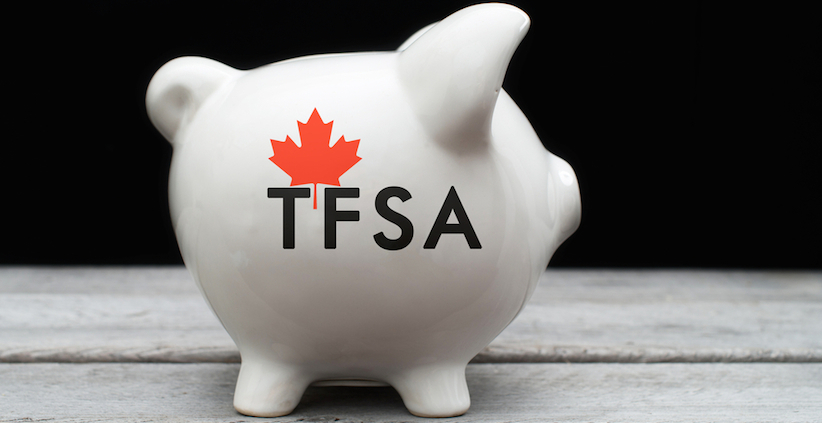The financial implications of the novel coronavirus have been significant and unrelenting. Canadian’s investment portfolios have been hit hard, and the volatility will likely continue for some time.
Governments worldwide have been responding quickly with measures to help stabilize the economy during this challenging period. On March 18, 2020, the Canadian government announced a new set of significant economic measures to support Canadian workers and businesses, including $27 billion in direct support, and an additional $55 billion in the form of tax deferrals to help businesses and households meet liquidity needs.
Here is what you need to know about the measures announced.
Temporary boost to Canada Child Benefit payments
The government is proposing to increase the maximum CBB payment amounts by $300 per child for the 2019-20 benefit year, beginning with the May payment.
Employment Insurance (EI) Requirements Temporarily relaxed
- One-week waiting period waived for those in quarantine to receive EI Sickness benefits
- Requirement to provide medical certificate for EI Sickness benefit waived
EI Enhancement – Emergency Care Benefit
This benefit provides up to $900 every two weeks, up to 15 weeks, for those affected by coronavirus.
- Workers (including self-employed) who are quarantined or sick with the virus can apply.
- Workers staying home to take care of a family member with the virus can apply.
- Parents staying home to care for children due to school closures can apply.
EI Enhancement – Emergency Support Benefit
This benefit will provide support to workers ineligible for EI who face unemployment (eg. freelancers, contractors, shift workers, gig workers). A form of longer-term support, the government hasn’t confirmed how much or how long the funds will be provided.
Both EI Enhancement Benefits will be available to apply for in April through the CRA MyAccount, My Service Canada Account, or toll-free number (TBA).
Student Loan payment moratorium
This provision provides a six-month, interest-free reprieve on student loan payments.
Income Tax filing and payment deferral
The tax-filing deadline for Canadians will be pushed back from April 30 to June 1.
The deadline for payment of taxes owed (all balances due including instalment payments), on or after today, will be pushed back to August 31, 2020 interest-free.
Lower mandatory RIF withdrawals
To help minimize crystallization of portfolio losses, Canadian retirees will be allowed to make smaller withdrawals (25% lower for 2020) from their retirement accounts.
Mortgage Payment Deferral
The federal government has been in regular contact with heads of Canada’s largest banks, to encourage flexibility in helping customers deal with virus-induced financial hardship. As a result, banks in Canada have shown a commitment to provide flexible solutions, on a case-by-case basis, to individuals dealing with pay or childcare disruption, or illness, such as up to 6-month payment deferral for mortgages and other credit products
Further, the government, through CMHC, is providing increased flexibility to defer mortgage payments on homeowner CMHC-insured mortgages. CMHC will permit lenders to allow payment deferral beginning immediately.
Support for Businesses
The government also announced several measures to provide help for Canadian businesses, in addition to those previous announced, including:
- Wage subsidy to prevent layoffs – equal to 10% of wages, up to $1,375/employee and $25,000/employer
- All tax payments deferred until August 31, 2020 with no interest or penalties.
- CRA will not initiate any post assessment GST/HST or Income Tax audits for the next four weeks
- Other avenues where government is seeking to inject additional lending into the economy (eg. Bank of Canada rate cuts, Business Credit Availability Program)
This may not be the end of measures introduced by government to stabilize the economy and help Canadian households and business impacted by the virus.
Please don’t hesitate to give us a call if you have questions, or would like help assessing the impact of these measures on your personal or business affairs.
Canada’s COVID-19 Economic Response Plan: https://www.canada.ca/en/department-finance/economic-response-plan.html
Connect Wealth is an independent financial planning firm that offers holistic advice to clients based on their current goals and future aspirations. We use well-established workflows and cutting edge technology to maximize planning efficiencies while simplifying the process for clients. Learn how you can maximize your financial opportunities at www.connectwealth.ca






